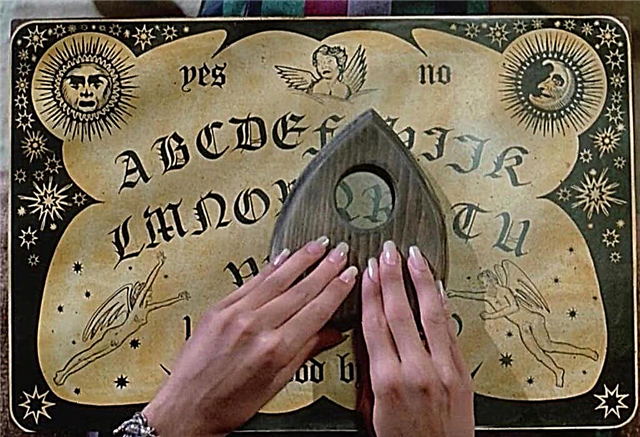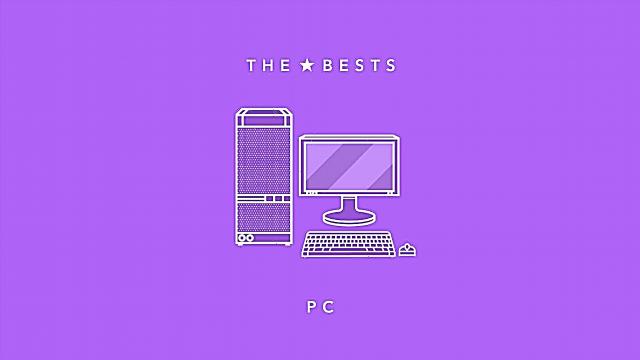
Exchange rate is simply a price: the price of one country's currency relative to another country's currency.
Thus, if the exchange rate of the pound sterling to the US dollar is 1.35, then for 1 pound you will buy 1.35 dollars.
Sometimes you can hear that the pound has strengthened or "rised in value." These are just two different ways of saying that the price of the pound has risen relative to another currency.
Always up-to-date dollar exchange rate Nikolaev banks on the obmenka24 website - we recommend this currency exchange in Nikolaev. Ukraine is not the UK or even the USA, so we always need to monitor hundreds of exchange points to find the best rate, but you don’t have to do this with an exchange office!
For example, the pound strengthened against the dollar from 2000 to 2008 and then plummeted ("weakened") to early 2000 levels:
Pound-dollar exchange rate: 1995 to present

The pound has weakened significantly lately. After the UK voted to leave the European Union in June 2016, the pound recorded its biggest single-day decline against the dollar.
How does the exchange rate affect me?
Short answer: it all depends on who you are.
You are more likely to notice the exchange rate when traveling abroad. For example, when the pound is strong against the dollar, you get more dollars for your pounds. So the stronger the pound, the cheaper it is to buy things abroad.

The same applies to items you buy in the UK from overseas. For example, when the pound strengthens, food and other goods coming from abroad become cheaper.
Business is also affected by the exchange rate. Many companies buy things from abroad (import), which they then use to produce goods here. A stronger pound means these imports are cheaper.
Other businesses sell their goods to buyers abroad (export). A stronger pound means these goods will be more expensive for foreigners to buy, which could lead to lower sales for British exporters.
In general, people who buy more than they sell abroad tend to prefer when the pound is strong. And people who sell more abroad than they buy usually prefer it when the pound is weak.
Who sets the exchange rate?

In the UK alone, more than £1 trillion in foreign exchange transactions are carried out daily on the financial markets. These markets are a complex network of computers rather than a physical market, allowing traders to buy and sell currencies 24 hours a day.
How does the Bank of England affect the exchange rate?
Many factors affect the demand for sterling in financial markets and hence the strength of the pound.
Although the Bank of England does not set the exchange rate, our actions may indirectly affect it:
Change in interest rates
The task of the Bank of England is to ensure that price increases (also called inflation) are contained, as this maintains a stable and healthy economy.
To do this, we use the key interest rate in the economy, known as the bank rate. Usually, if the bank rate goes up, so does the strength of the pound. This is because higher interest rates in the UK make investors demand more pounds sterling over other currencies.
Keeping the economy stable
More broadly, the role of the Bank of England is to maintain a stable economy and financial system. If the UK economy is considered safe and healthy, then more people will want to invest in the UK, which will also lead to a stronger pound.



